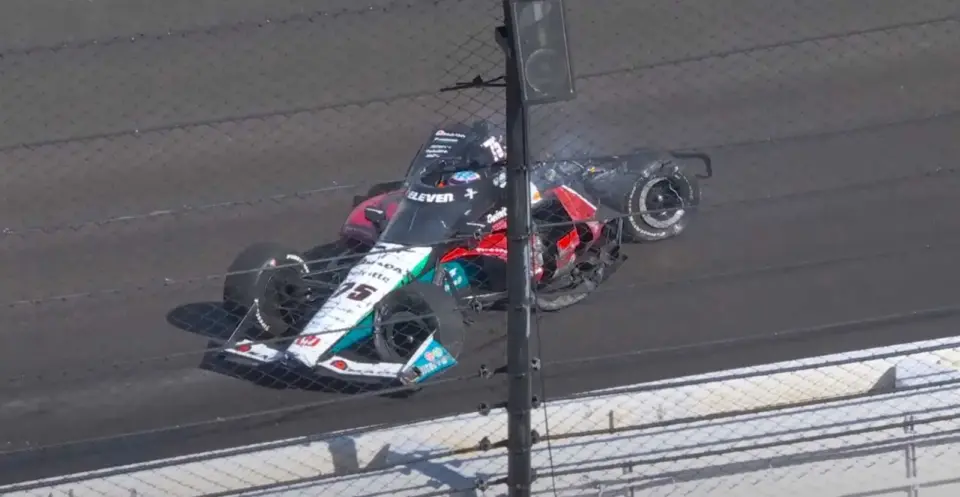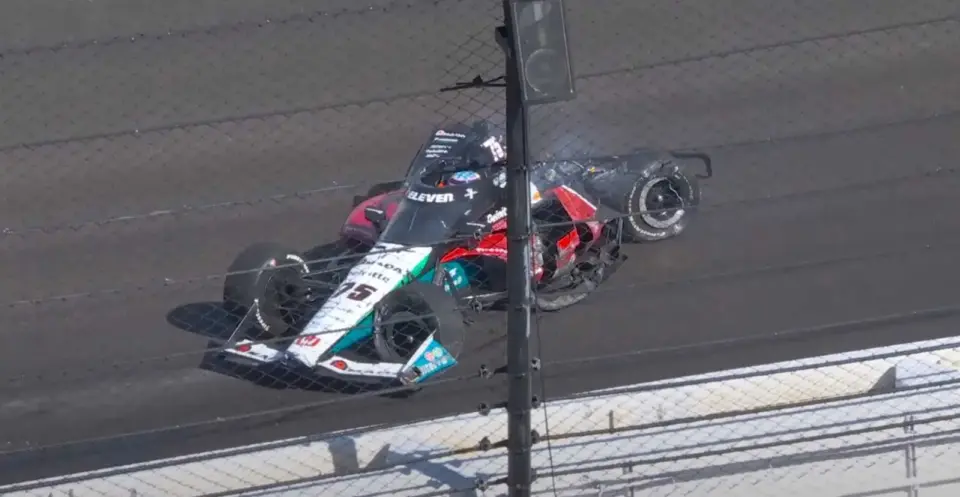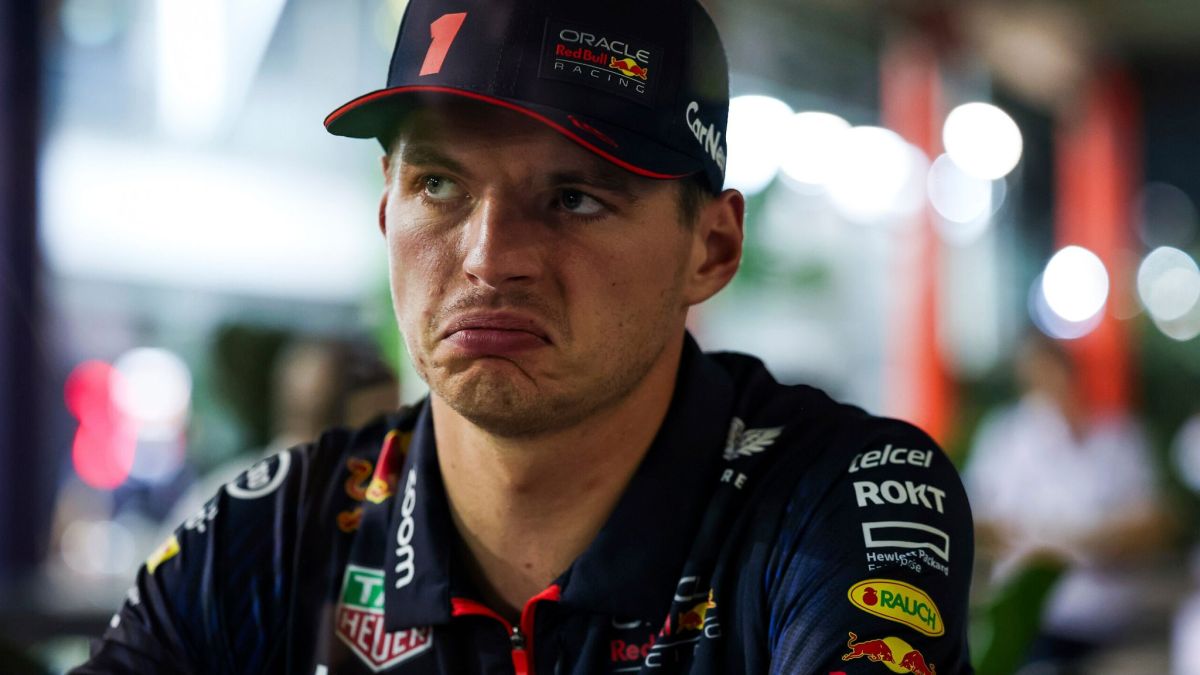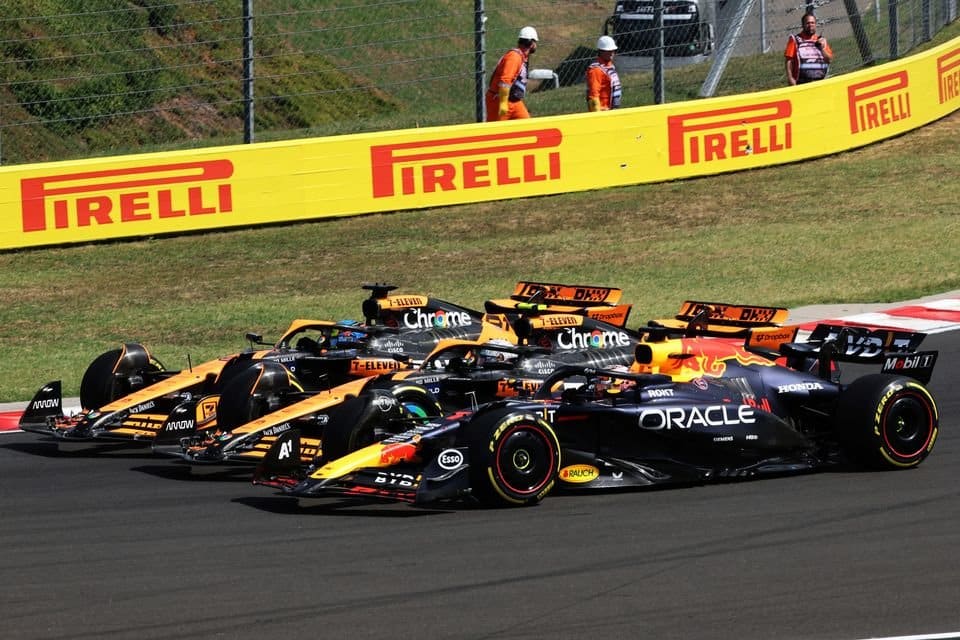In the aftermath of the Saudi Arabian Grand Prix, Guenther Steiner expressed his dissatisfaction with the FIA’s decision to penalize Max Verstappen.
- The penalty was immensely debated, primarily because of how the first lap incidents were treated by the stewards.
- Steiner believes the five-second penalty was inconsistent and argues for clear and straightforward rulings.
- Jonathan Wheatley, former Red Bull sporting director, suggested a different approach to avoid the penalty altogether.
- The controversy has left Verstappen sitting third in the Drivers’ Championship, trailing behind Piastri and Norris.
Steiner’s critique, aired on the Red Flags podcast, highlights his frustration with the FIA’s handling of the five-second penalty given to Max Verstappen at the Saudi GP. Steiner feels that the incident during the race’s first lap, where Verstappen and Oscar Piastri clashed at the chicane, was just part of racing. He argues that if penalties were necessary, a standardized ten-second penalty should be applied rather than a reduced five-second penalty justified by ‘mitigating circumstances.’
Steiner believes the stewards’ decision to halve the penalty lacked clarity. He equates the reasoning to giving someone a ‘discount’ on a penalty. For Steiner, the rules should be black or white. His colorful analogy, involving an armed robbery without bullets, was meant to emphasize that mitigating circumstances shouldn’t dilute consequences.
According to Steiner, the penalty decision was steeped in ambiguity, and the message it sent was muddled. He argues that racing inherently involves strategies and positioning, and Verstappen’s actions, although possibly penalizable, were part of these racing dynamics. He feels that by reducing the penalty, the stewards missed an opportunity to set a clear precedent. In his view, a straightforward enforcement of rules would have been more appropriate, regardless of the first lap calculus.
Interestingly, Jonathan Wheatley, now with Sauber, shared his perspective on the situation. He suggested that instructing Verstappen to return the position to Piastri might have circumvented the need for a penalty. This view, while pragmatic, assumes cooperative adherence from Verstappen, a point Steiner found humorous. In Steiner’s mind, the role of a team principal is to stand by their driver, suggesting that Wheatley’s theoretical approach might not have been practical in real-time decision-making.
Amid this debate, Piastri’s win catapulted him to the top of the standings, creating a lead over his teammate Lando Norris and Verstappen. The race and its controversies have certainly spiced up the championship narrative, leaving fans and teams alike pondering the implications of decisions made in the heat of competition.
The Saudi GP penalty saga leaves a lingering discussion on race control choices, with Steiner and others calling for more clarity.










